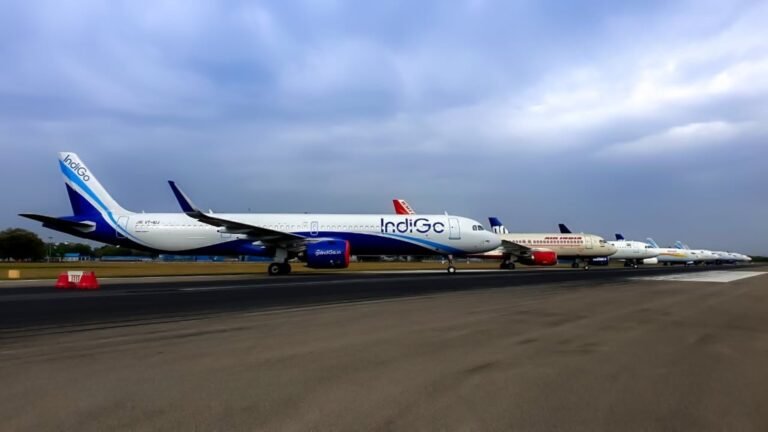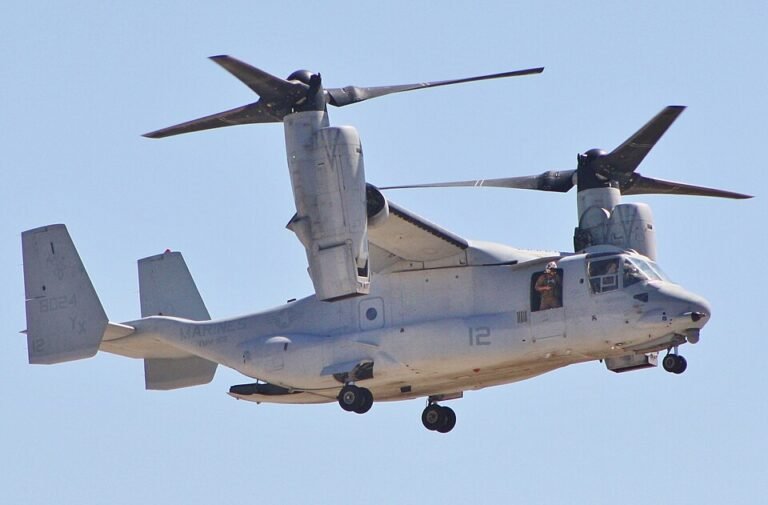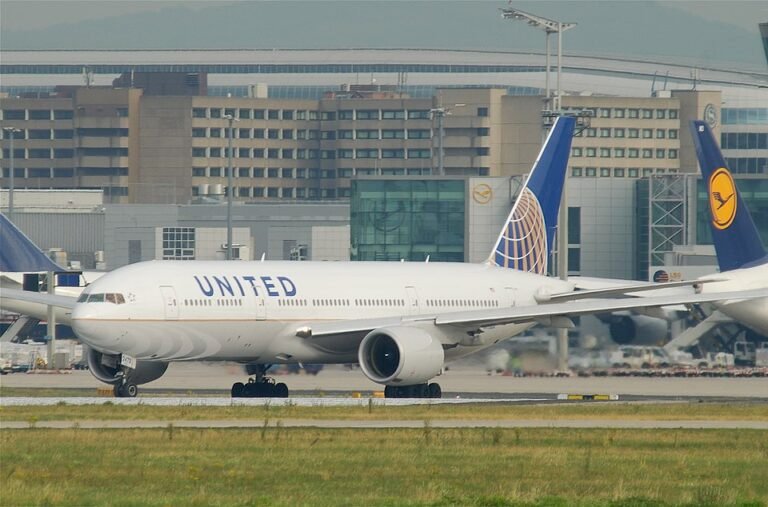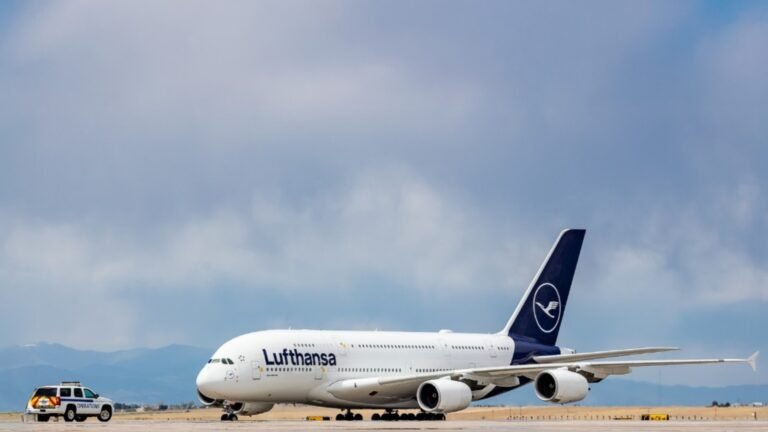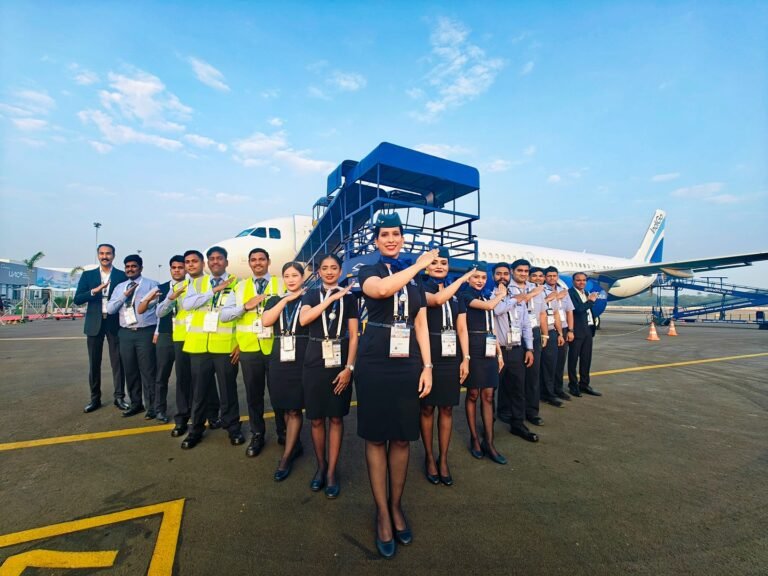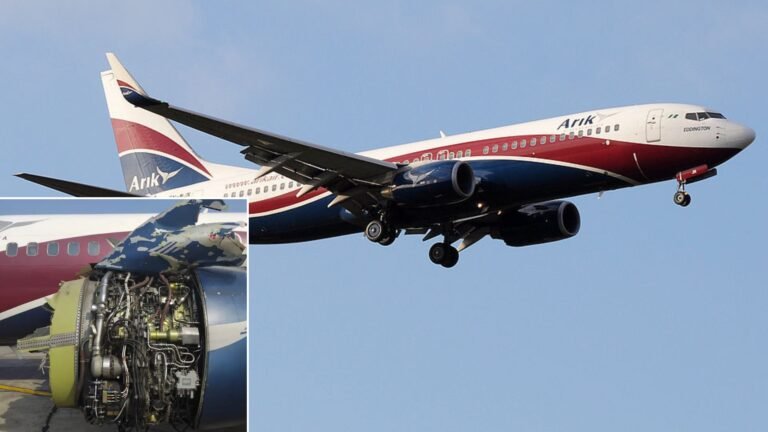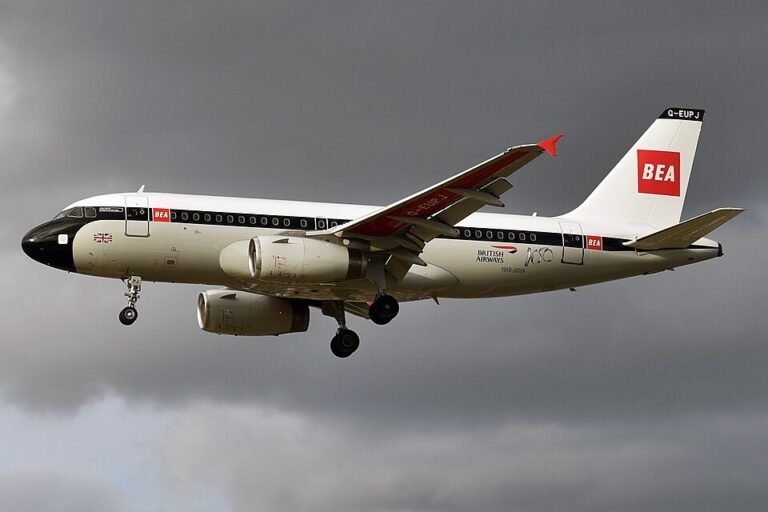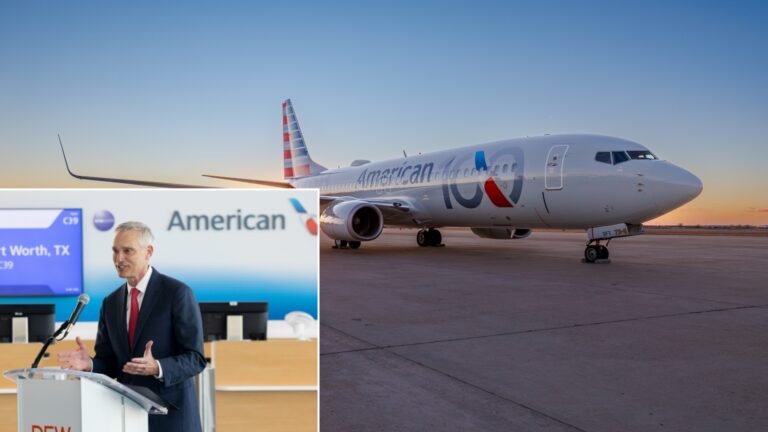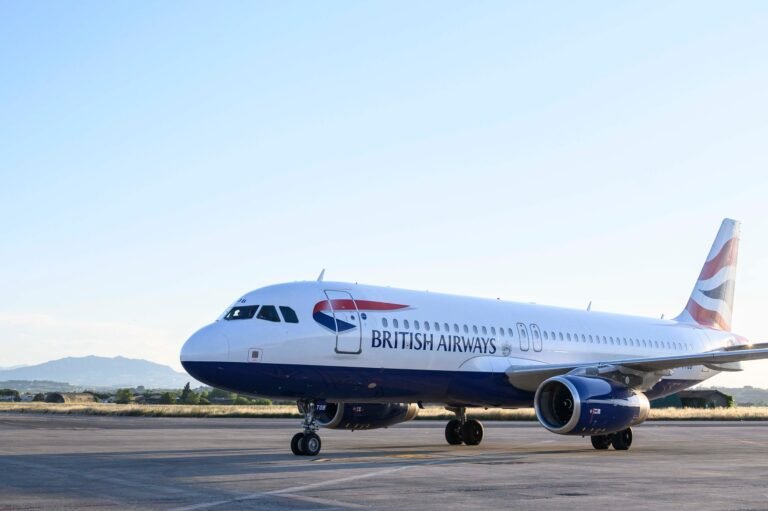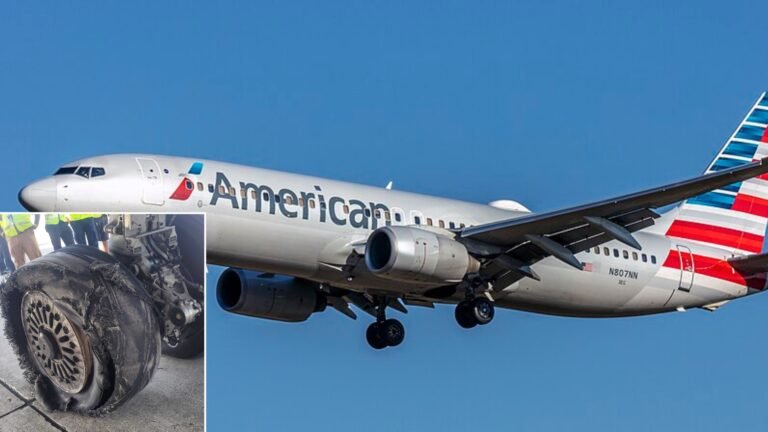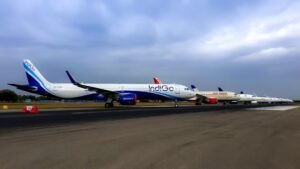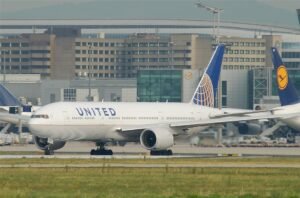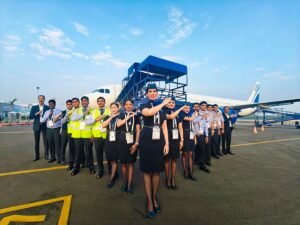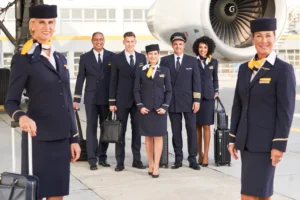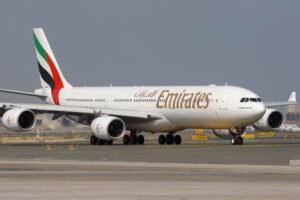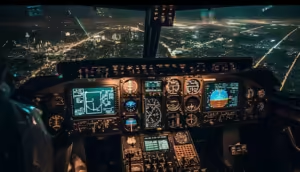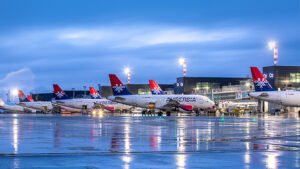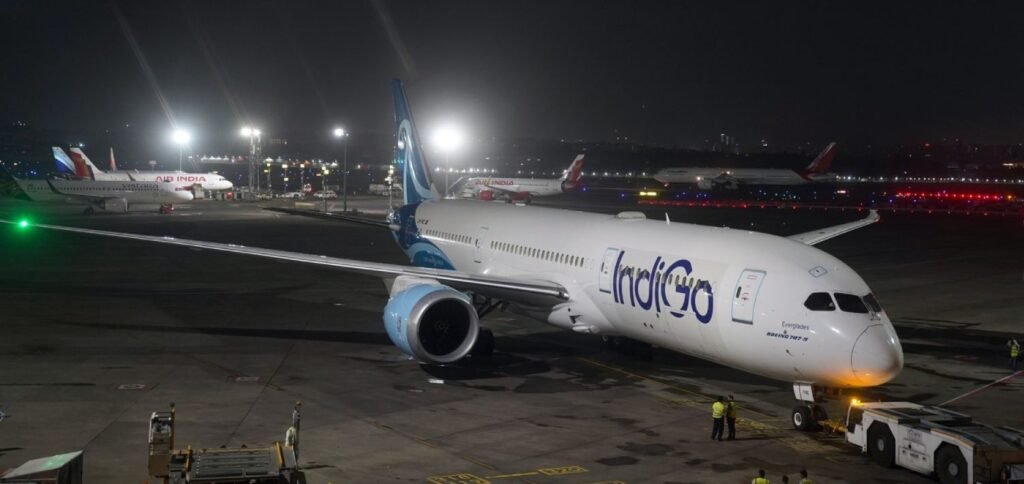
New Delhi, India: Indian airports may soon face financial penalties for service lapses such as baggage delays, long queues, and unhygienic toilets. The Airports Economic Regulatory Authority (AERA) has issued a consultation paper proposing to link airport tariffs including user development fees (UDF) with measurable service quality standards.
The draft framework applies to airports handling more than 3.5 million passengers annually. It sets benchmarks for maximum wait times at terminal entry points, check-in counters, security screening, immigration desks, and baggage belts. Failure to meet these standards could result in reduced tariffs, while airports exceeding them may receive incentives.
AERA’s proposal also focuses on the upkeep of basic passenger facilities, including clean washrooms, seating, and trolleys. Adoption of technology, such as Digi Yatra and immigration e-gates, is part of the criteria aimed at improving efficiency and passenger experience.
“Introducing a structured service quality framework will ensure passengers receive consistent and improved service levels across major airports,” AERA said in the consultation paper. Independent third-party audits will be carried out to verify compliance, and performance data will be published to maintain transparency.
Airports handling over six million passengers annually will be placed in a separate category, recognizing their higher traffic volumes and operational complexity. AERA has invited comments from stakeholders, including airlines and passenger groups, until October 20, 2025.

